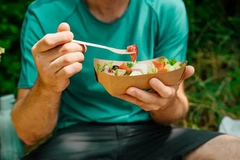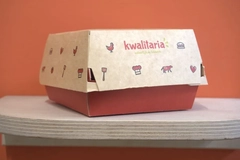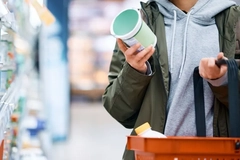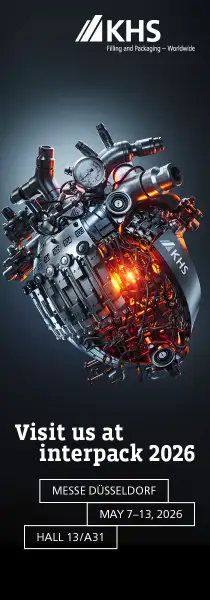Dutch scientists identify conditions for bacteria to eat plastic

01 Jul 2024 --- Dutch researchers have uncovered the microscopic role of certain bacteria with abilities to break down plastic into small particles, which can then be recycled.
PhD candidate Jo-Anne Verschoor at Leiden University, the Netherlands, discovered that nearly 20% of the bacterial strains she studied could degrade plastic, although they needed “some encouragement” to do so.
“Bacteria are just like people,” she remarks. “Just like us, they don’t do things automatically — they need encouragement. We only start running when we are chased by a tiger.”
The study reveals bacteria surrounded by a lot of sugar — and thus energy — will not do something that requires too much effort. However, if they are “hungry,” they will.
This was evident during lab experiments where Verschoor added plastic models to plates with bacteria. At one point, she “fed” the bacteria perforated pieces of plastic.
Verschoor’s research was published in the journal Communications Biology, a part of Nature.
Searching for the right conditions
The 27-year-old Leiden microbiologist studied a large collection of Streptomyces bacteria, which were already available at the university as scientists use them in the search for new antibiotics.
The bacteria Verschoor worked with were not collected with the goal of plastic degradation in mind. “In other research, scientists sometimes look at which bacteria would thrive in a landfill,” she notes.
This collection of bacteria was “impartial,” in that sense. It also consisted of a variety gathered from different continents.
Through her previous research, Verschoor suspected that some of these bacteria could indeed digest plastic, which was confirmed.
Her research reveals that many more bacteria than previously thought can degrade certain types of plastics. The study uncovered as much as 18% of the strains studied could degrade plastics under the right conditions.
Verschoor also discovered that a gene called “Lipase A” plays a significant role. When it was present in large numbers, the organisms broke down plastic more quickly.
The external conditions are crucial because plastic bottles do not just disappear when they lie in the soil for a while. In lab experiments, Verschoor exposed the bacteria to different substances and conditions, observing the effects on how the organisms could break down PET plastic.
Cultivating biological factories
This research expands the pool of bacteria that industry can potentially use to degrade plastic.
French company Carbios demonstrated strides in this field as the first to experiment with large-scale recycling of plastics with the help of bacteria and their enzymes. The resulting transparent PET was applied in L’Occitane en Provence’s Amande shower oil.
In other research, scientists discovered a sea fungus capable of breaking down PE after being exposed to UV radiation from sunlight. The researchers, including Dutch marine microbiologists at the Royal Netherlands Institute for Sea Research, believe that many more plastic degrading fungi are living in deeper parts of the ocean.












